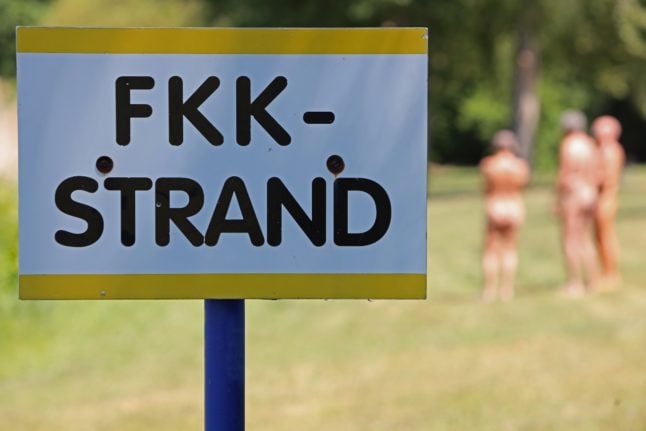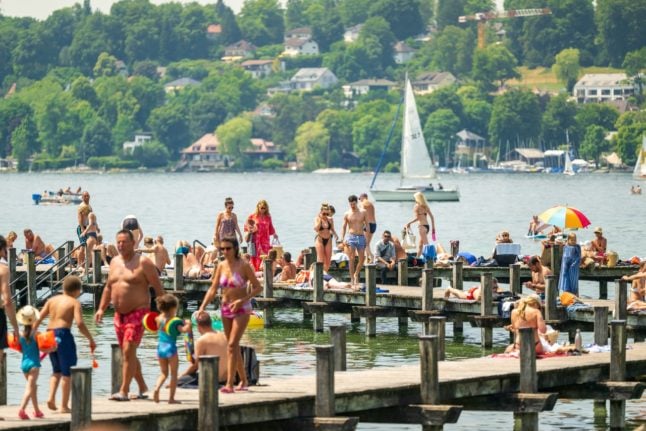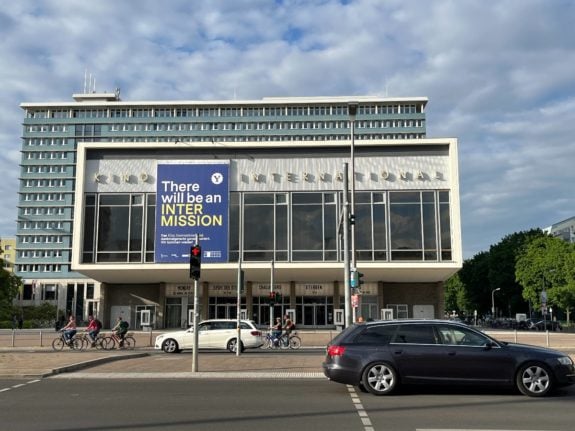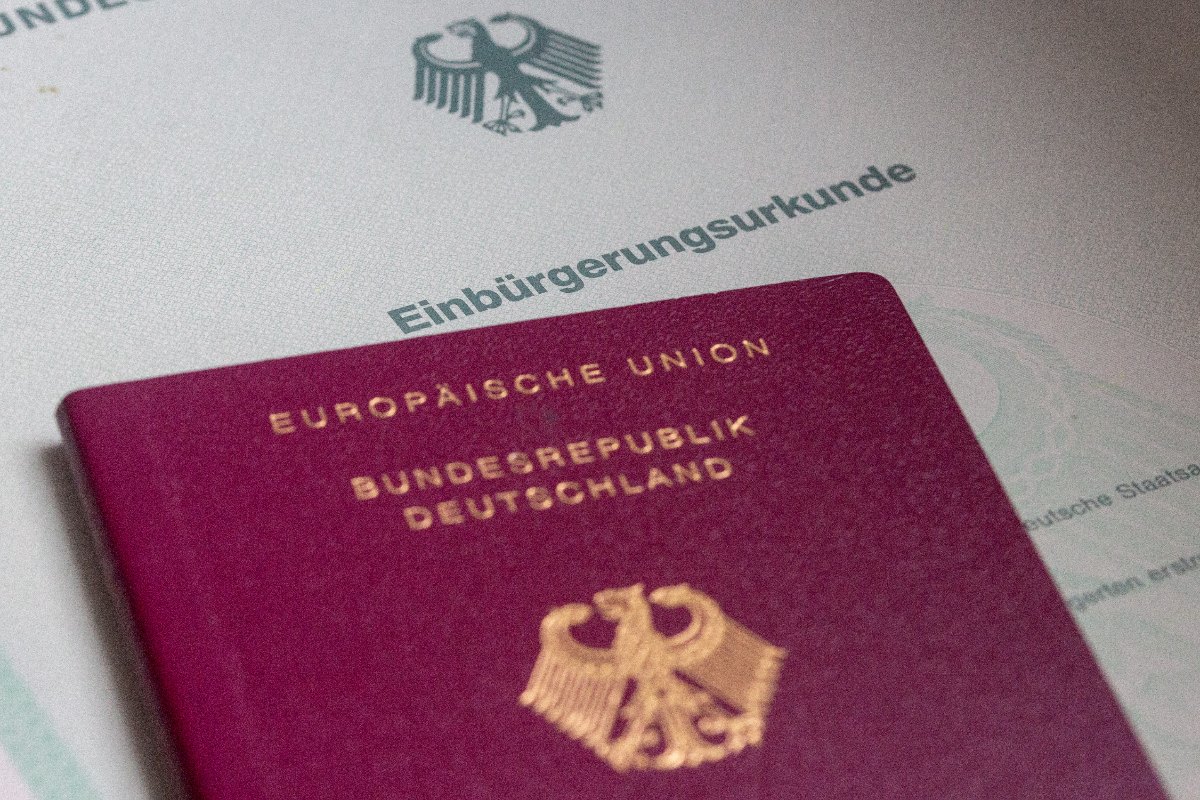Although Germany is not a traditional summer holiday destination, it’s still popular thanks to the good weather, beautiful nature and culture-filled cities.
So what can you expect if you’re staying in the country this summer?
Cities can empty out
Many Germans choose to go on holiday during the months of July and August when schools are off to destinations such as Austria, Italy and Spain.
But lots of people choose to take a break in Germany itself and head to stunning spots such as Könnigsee in Bavaria or the Baltic or North Sea coast.
As people flock abroad or to these nature spots, busy cities can end up having a rather tranquil feel to them. This can be the best time to make the most of city parks and get some good ice cream without the queues you usually have to deal with.
But tourist spots will be busy
The tourism industry has ramped up again after the Covid pandemic. This is good news for local economies but it can be slightly annoying if you were hoping for a quiet day out. There’s no getting around this but you can try and plan timings carefully. When going to a very touristy area, arrive earlier or later to beat the crowds.
If you’re driving, you’ll find traffic can be heavy on the roads in summer particularly on the weekends after schools break up. In Germany, federal states have their own differing timetables for when schools take their break. Check them out in our story here:
READ ALSO: Everything that changes in Germany in July 2023

Services can stop
Day-to-day services can be impacted because of people taking their holidays in the summer months.
For instance, your doctor or dentist might be away for a few weeks or even a whole month (August is a very popular time for Germans to do that). If you have a chronic condition that requires regular health visits, it’s worth asking your health practice if it will be closed at all so you can get a back-up plan in place. Some doctors will have another professional cover for them, while others might direct you to a hospital in an emergency.
Similarly, if you have a repeat prescription, get stocked up to make sure you’re not caught out during the summer months.
In general, public service slows down in Germany during the summer months. That means it could be even harder to set up things like visa appointments, registering your address or getting in touch with the tax office. If you need anything done quickly, get plans in place as soon as possible.
Shops and stores can close at short notice
Independent shops, bars, cafes and other establishments often close their doors to give staff some time off, while some operate with reduced hours during summer. This is something that you usually stumble upon at short notice. For instance, you could find a local shop is closed suddenly with a sign on the door that says “Sommerurlaub bis August 18th” (summer holiday until August 18th).
Similarly, if it gets too hot, some venues declare a “Hitzefrei” (literally – “heat free”) day, meaning they think it’s too hot to work. Your only option is: come back another day!
The classic German Hitzefrei! This cafe is closed cos it’s too hot today pic.twitter.com/s9ZCnGvxMm
— Rachel Loxton (@RachLoxton) June 21, 2023
Lakes and beer gardens are packed
Germans love to enjoy the summer weather with a swim or beer (or both!). On a sunny weekend afternoon you’ll find it difficult to get a spot at the lakeside unless you get there early. Beer gardens are also packed out with revellers making the most of light-filled days.
The winter is a long one in Germany so we thoroughly advise you make like the Germans and spend lots of time outdoors during the summer.
READ ALSO: ‘Go early and stay late’: Your tips for making the most of Germany’s lakes
People will be naked
If you do go to a lake then be prepared to see some nudity. Stripping off is nothing unusual in Germany.
This is the country of FKK – Freikörperkultur – a movement that translates to free body culture.
FKK comes to life in summer when you’ll find designated spots at beaches around lakes or the sea, and even parks, such as the Englischer Garten in Munich and Tiergarten in Berlin.
The general etiquette is simple: don’t stare and don’t take photos or videos. If there’s an FKK sign then be aware that you may be required to take your clothes off. If that’s not for you, head to the part of the beach where people are wearing their swimsuits and speedos.

Watch out for ticks
When you’re out and about in Germany over summer, you should be aware that you’ll come face-to-face with bugs, such as mosquitoes and wasps.
But a more serious one to watch out for is ticks as they can carry dangerous diseases. For summer 2023, the whole of Germany has been classified as a risk area for tick-born encephalitis (TBE) by the Robert Koch Institute.
Some of the worst areas are known to be the northern slopes of the Erzgebirge, the Bavarian Forest, and the Alpine foothills. But ticks can appear anywhere. They generally live in long grass, bushes and wooded areas.
There is a vaccination against TBE, which is worth considering for those planning an outdoor holiday in Germany. Ask your doctor for more information.
A non-dangerous but very annoying part of living in Germany in summer is the fruit flies. These little flies can infest your kitchen if you’re not careful. Keep on top of cleaning, don’t leave food out and take out your bins often to keep these guys from taking over.
READ ALSO:
- Ticks in Germany: How to avoid them and what to do if you get bitten
- How to deal with fruit flies and other critters plaguing your German flat
Public transport can be less reliable
Summer is a time when authorities plan construction and maintenance work. For instance, rail operator Deutsche Bahn is carrying out a major programme in North Rhine-Westphalia this summer to upgrade rail tracks.
Keep an eye out for Ersatzverkehr (replacement) transport if a train service is out and factor that into your day – it usually means that the journey takes a lot longer than usual.
READ ALSO: The train routes in North Rhine-Westphalia that will be closed this summer





 Please whitelist us to continue reading.
Please whitelist us to continue reading.
Member comments